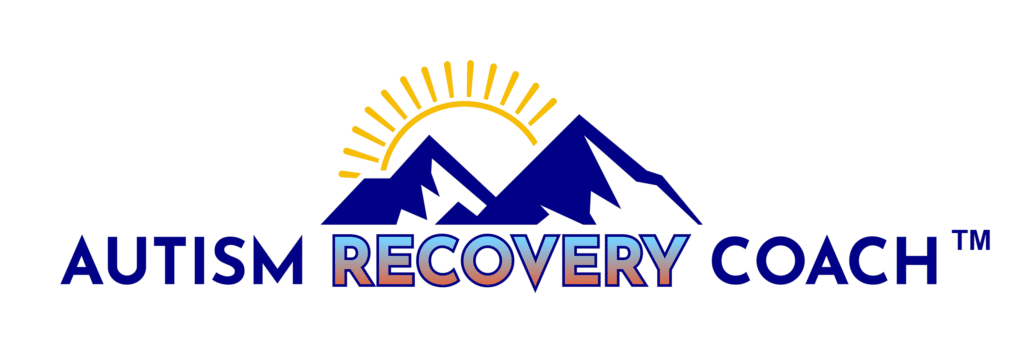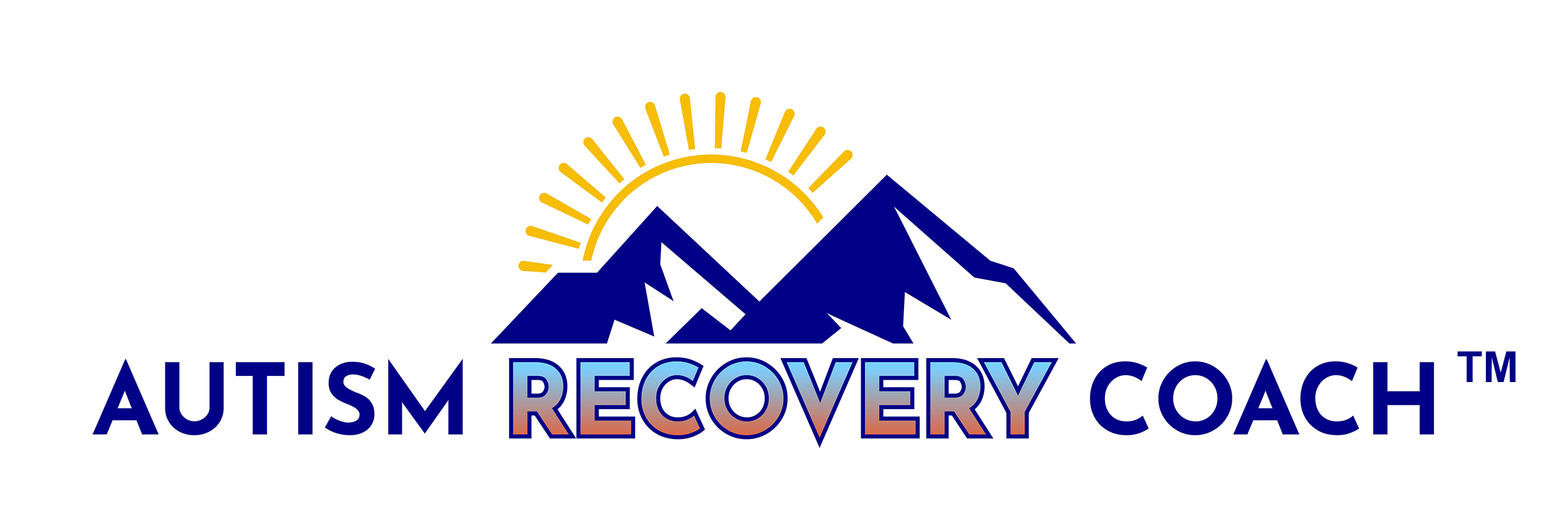Social interaction can be a complex dance for many people, but for individuals with Autism Spectrum Disorder (ASD), it can feel particularly challenging. The unwritten rules, unspoken cues, and the constant give-and-take of conversation can be overwhelming. However, with the right strategies and techniques, individuals with ASD can develop strong social skills and build meaningful connections with others.
Understanding the Challenges

People with ASD often experience difficulties in several areas of social interaction, including:
Non-verbal communication: Interpreting facial expressions, body language, and tone of voice can be a hurdle.
Conversation skills: Starting, maintaining, and navigating the flow of conversation can be challenging.
Social cues: Understanding humor, sarcasm, and figurative language can be confusing.
Theory of mind: Difficulty in seeing things from another person’s perspective can make it hard to understand their feelings and motivations.
Building Social Skills: Practical Tips
Here are some practical tips to help individuals with ASD navigate social interactions and build social skills:
Focus on strengths: Identify areas where social interaction feels comfortable and leverage those strengths. If you enjoy board games, join a game club!
Practice makes perfect: Role-playing social situations with a trusted friend or therapist can help develop conversation skills and build confidence.
Visualize success: Imagine yourself succeeding in a social situation. This positive visualization can reduce anxiety and improve performance.
Learn about body language: There are many resources available online and in libraries that explain body language basics.
Use scripts: Prepare conversation starters and responses for common situations like greetings or introductions.
Find common ground: Conversations flow more easily when you share common interests. Talk about your hobbies and passions!
Be patient and kind to yourself: Developing social skills takes time and practice. Celebrate your small victories, and don’t be discouraged by setbacks.
The Power of Social Groups
Social skills groups provide a safe and supportive environment for individuals with ASD to practice social interaction skills. These groups can help develop conversation skills, teach non-verbal communication cues, and offer opportunities to build friendships.
Biomedical Interventions
There are a few ways biomedical interventions can help with anxiety, often working alongside social support:
Medication: Anti-anxiety meds like SSRIs may regulate brain chemicals like serotonin, easing anxious feelings.
Supplements: Some studies suggest amino acids like L-theanine or L-arginine might lower stress hormones and anxiety.
Other interventions: Deep brain stimulation or even TMS (transcranial magnetic stimulation) are being explored for severe anxiety cases.
These interventions can calm the physical aspects of anxiety, making social interaction and therapy more effective.
Seeking Professional Support
If you are looking for professional autism support and recovery, consider contacting The Autism Recovery Coach. Leveraging evidence-based biomedical strategies, best supplements for autism, and personalized support, I offer comprehensive autism support and guidance. Reach out today for more details.



